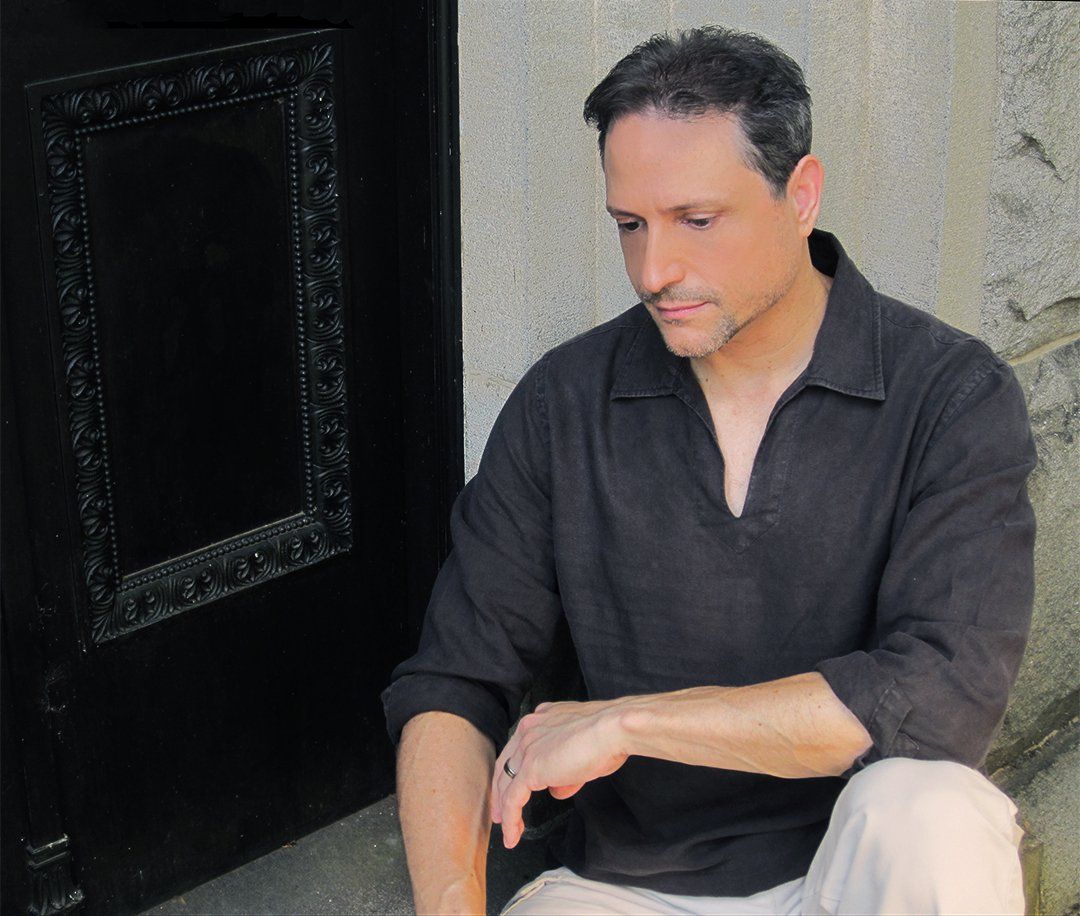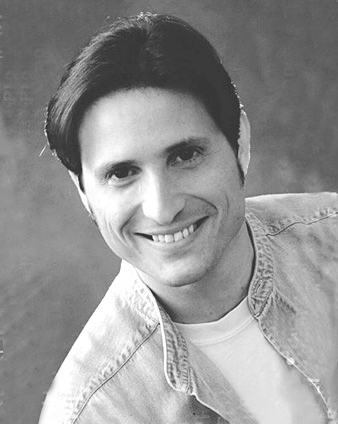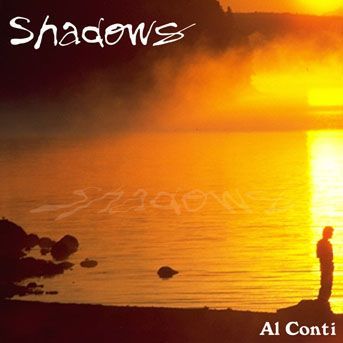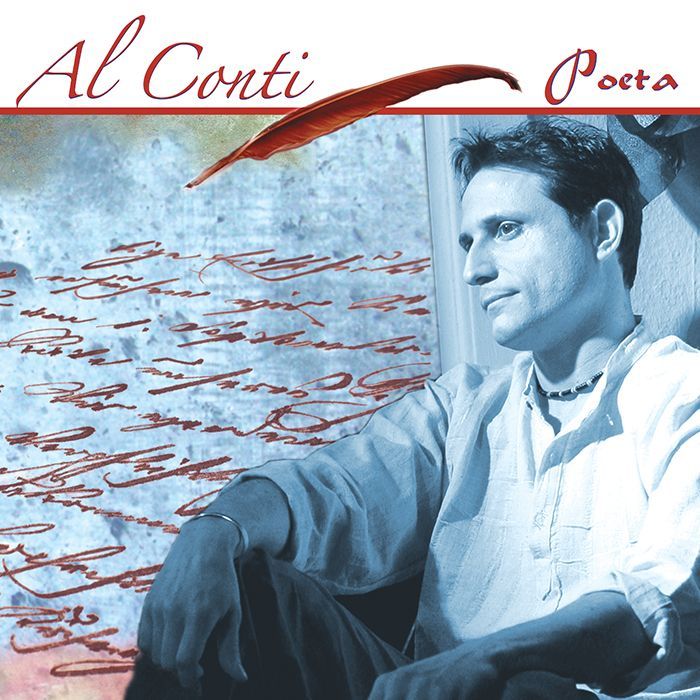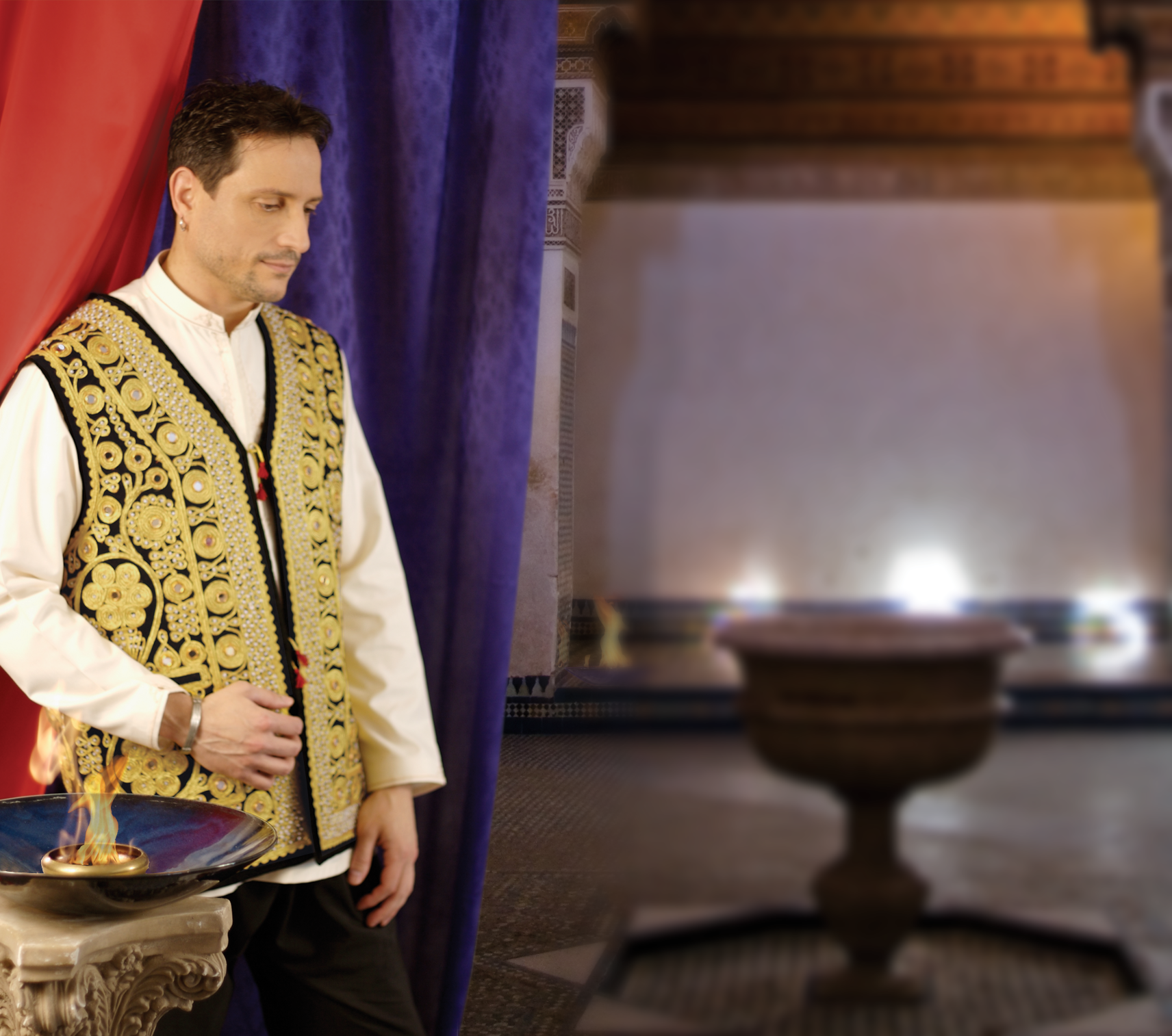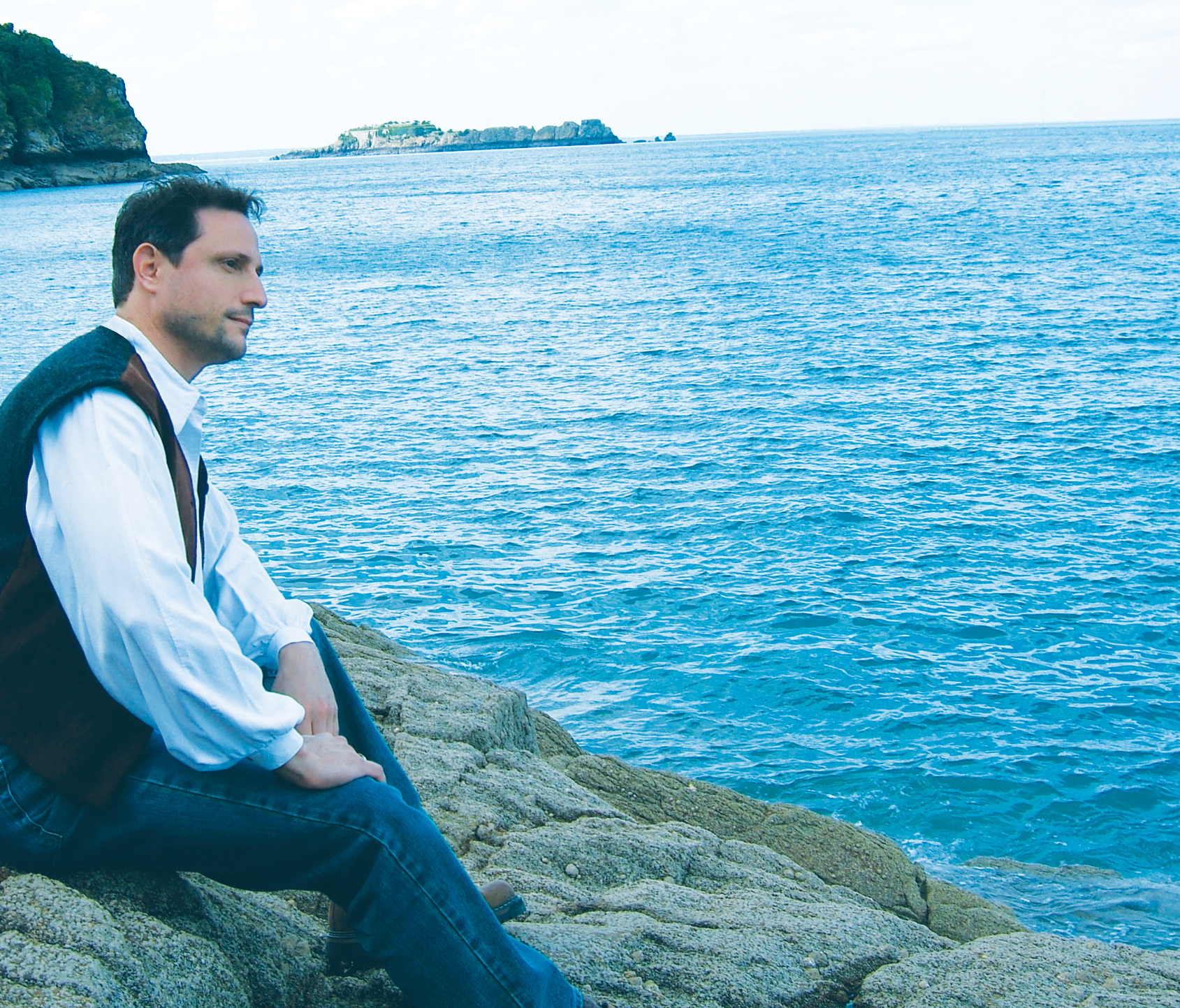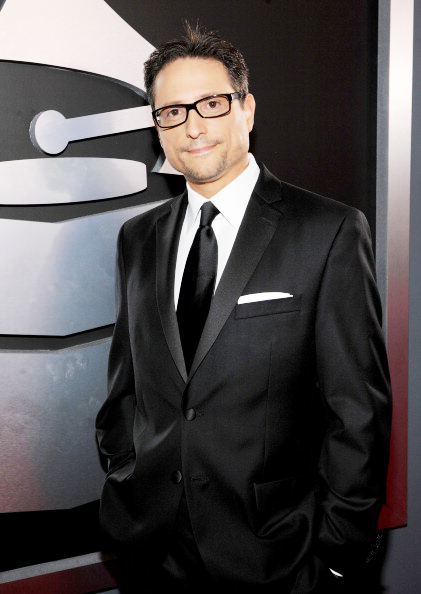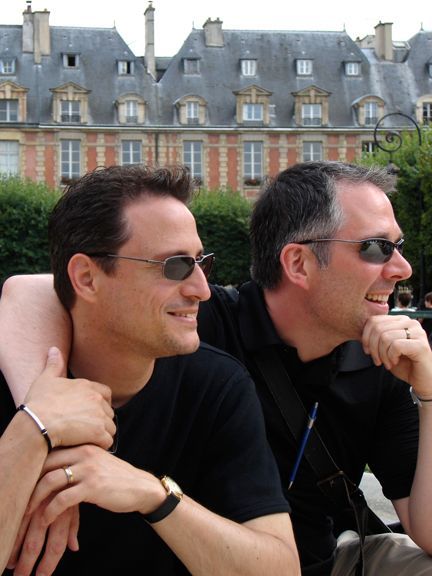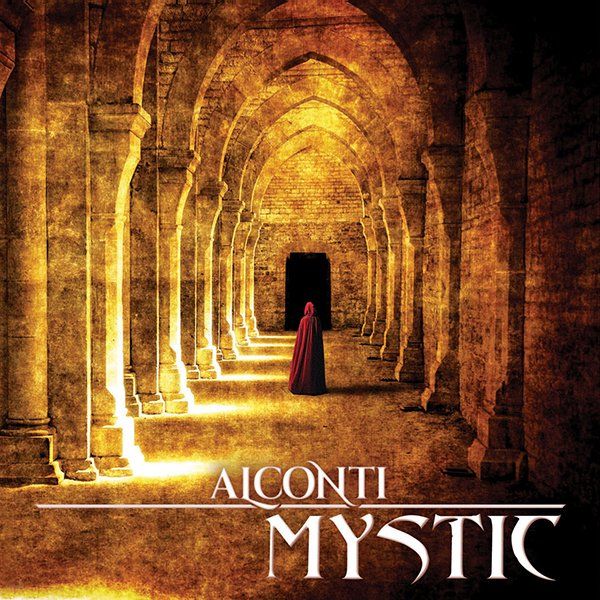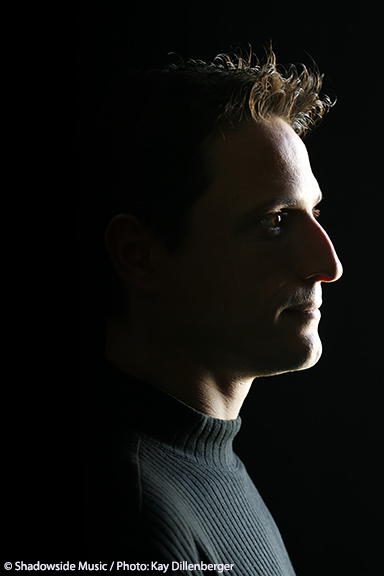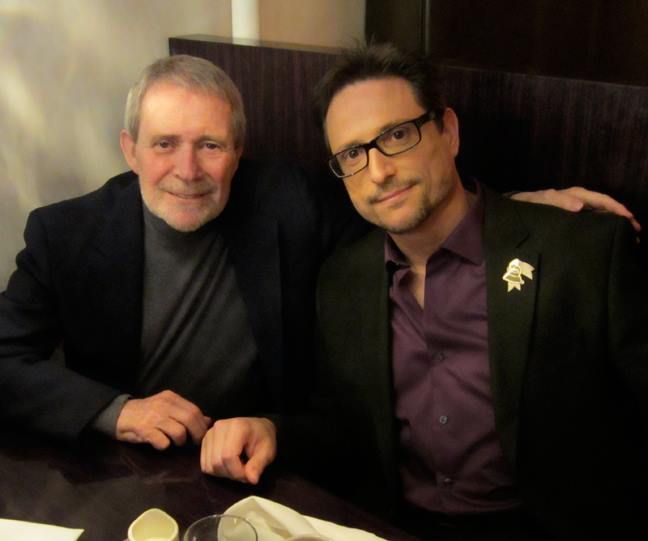Al’s music career stemmed from a series of events that could almost be said to be ruled by fate. Since a very young age, Al always wanted to be an actor. “When asked, none of the other kids in school really knew what they wanted to be when they grew up, but I would always respond: I want to be a ‘dramatic actor,’ which of course drew chuckles from the questioning adult.” Eventually, it was clear Al was serious. So much so that at the age of 8 his parents enrolled him in acting classes. “I never looked back,” Al says, “and it was the first time I actually made friends with other kids, because they were as weird as I was!” That Al would follow the life of an artist was of no surprise to his parents. His mother was a professional ballet dancer, his father a poet and Al’s grandfather a concert pianist. Music was very much part of Al’s childhood, but he held fast to his desire to become an actor. “I was always able to maintain tremendous focus and stick with something to the end. I was going to be an actor and that was that. Eventually, this would come in handy when needing to focus on an album's creation for several years at a time.” Al’s desire to act was, however, interrupted several times as his family moved to various countries for a period of three years. “All this moving, while exciting for a child, truly created a sense of loss in me that took years of introspection and therapy to work through.” In each place Al lived, he took up acting. “I remember I was about 14 and living in the US when I landed a role in a production of The Pied Piper. All those months of rehearsals led to the final day of dress rehearsal in the actual theater. To suddenly stand on stage and stare out at 1,500 seats before me which soon would be filled for an entire week confirmed for me this is where I belonged. Honestly, I never wanted to get off the stage and go back to ‘normal’ life after that.”
Back in Argentina, Al once again took up acting training with some of Argentina’s most prestigious performers of the time. He also found that working behind the scenes was just as exciting and would often be found among friends on various soundstages or theaters, either performing or working backstage. He also joined a British theater troupe in Buenos Aires called The Suburban Players and performed with them for a while until his eventual return to the USA at age 17. Soon after retaining an agent, Al began auditioning for roles in commercials and television shows. But moving would continue to be in Al’s future and maintaining an acting career while constantly moving proved difficult.
